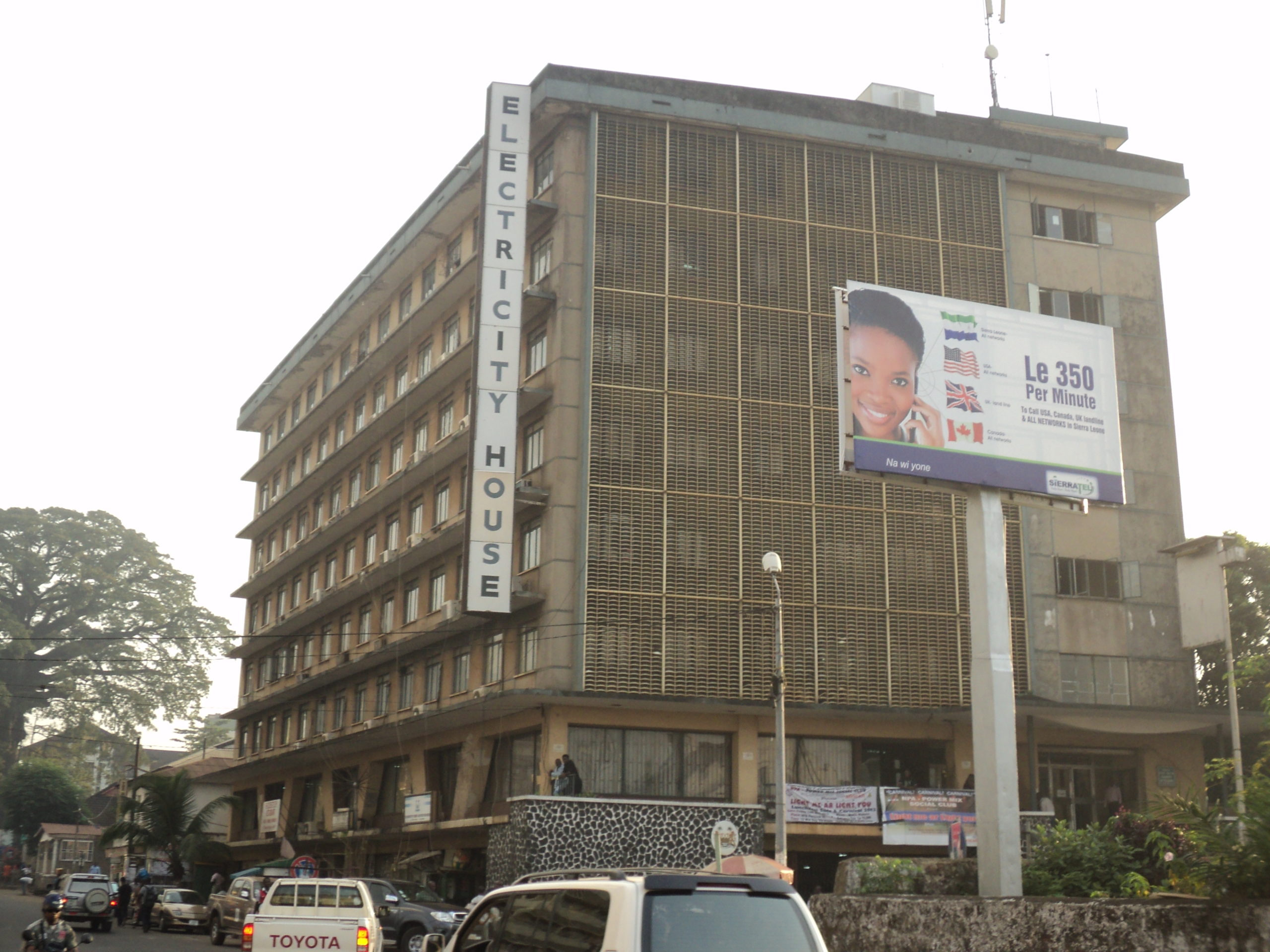The Minister of Finance, Sheku Fantamadhi Bangura, has announced that the US$480 million Millennium Challenge Compact (MCC) agreement will significantly increase affordable and reliable electricity supply to households, businesses, and social institutions across Sierra Leone. The agreement, once ratified by Parliament, he said will serve as an international treaty between the United States and Sierra Leone.
Speaking in Parliament on Tuesday, 15th October, 2024, the Minister highlighted three key projects under the compact aimed at transforming the country’s energy sector. The first is the Transmission Backbone Project, which will expand the reliability of Sierra Leone’s power system. This involves the construction of a 225 kV southern transmission line, substations, backup distance centers for transmission and distribution, and upgrades to the existing 161 kV line. Key areas like Makeni and Lunsar will see new substations, while the Electricity Generation and Transmission Company (EGTC) will receive capacity building to manage these new assets.
The second component, the Distribution and Access Project, is designed to enhance the delivery and consumption of electricity. It will focus on expanding access to reliable power in the Western Area and other regions, depending on the findings of an ongoing study.
The third component focuses on Power Sector Reform, which builds on the successes of the previous MCC threshold program. It will deepen sector reforms through governance improvements, capacity building, and corporate development across the Ministry of Energy and other utilities.
Mr. Sheku Fantamadhi Bangura further emphasized that these projects will create a favorable environment for private sector investment in Sierra Leone’s energy sector, opening the door to new products and services. The government’s commitment includes a contribution of US$14.2 million for the construction of the Newton substation as part of the northern transmission line project.
This MCC compact is central to Sierra Leone’s National Development Plan, which aims to increase the country’s electricity generation capacity from less than 250 megawatts to over 1,000 megawatts by 2030, and expand access to power from the current 36% to 60%. The investment in transmission and distribution systems is expected to drastically improve the efficiency of energy delivery across the country, allowing more people to gain access to reliable electricity.

